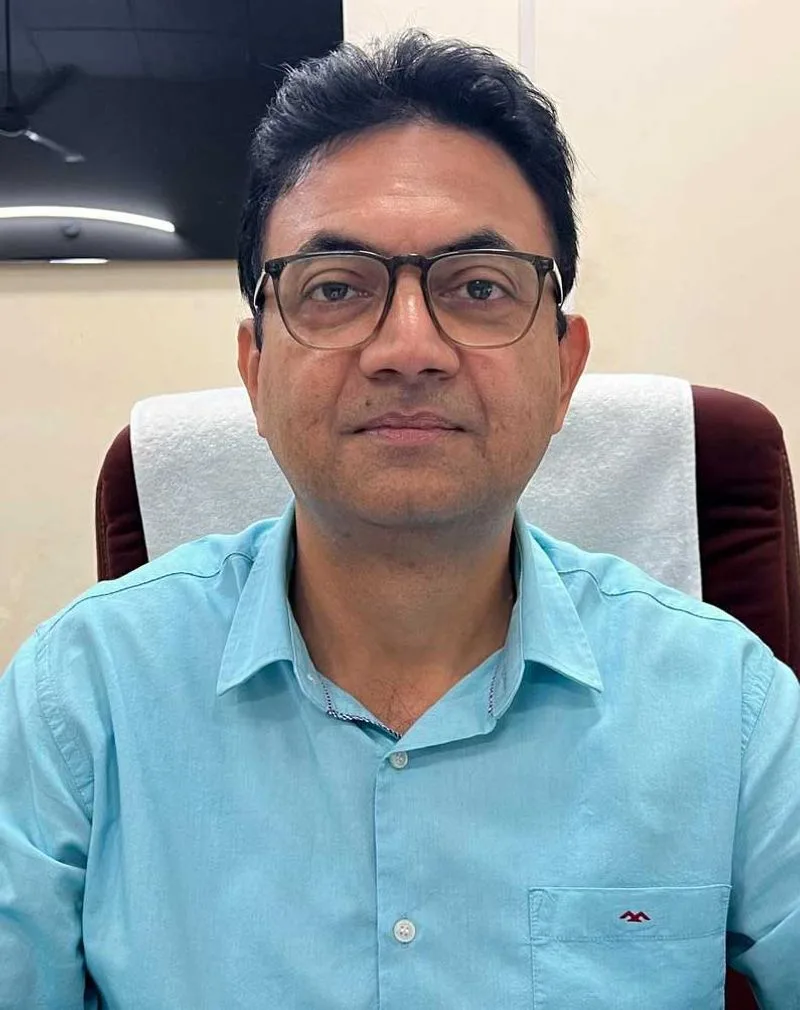Understanding Hypertension: A Conversation with Dr. Vivek Kataria
Hypertension, often called the “silent killer,” affects a significant portion of the population. In a recent discussion, Dr. Vivek Kataria, Assistant Civil Surgeon, shed light on this critical health issue and the proactive measures being taken by the Health Department through a state-wide campaign.
What is Hypertension?
Hypertension, or high blood pressure, occurs when the force of your blood against your artery walls is consistently too high. Over time, this can lead to serious health problems, such as heart disease, stroke, and kidney failure.
Why is it called the “Silent Killer”?
The term “silent killer” is used because hypertension often has no warning signs or symptoms. Many people don’t even know they have it until it causes a major health event. Regular check-ups are crucial for early detection.
The Health Department’s Campaign
Recognizing the severity of hypertension, the Health Department has launched a state-wide campaign to combat this silent killer. The key goals of the campaign include:
- Raising awareness about hypertension and its risk factors.
- Promoting regular blood pressure screenings.
- Educating the public on lifestyle modifications to manage blood pressure.
- Ensuring access to affordable and effective treatment options.
Key Lifestyle Modifications for Managing Hypertension
Dr. Kataria emphasized the importance of adopting healthy lifestyle habits to prevent and manage hypertension. These include:
- Dietary Changes: Reducing sodium intake, increasing potassium intake, and following a balanced diet rich in fruits, vegetables, and whole grains.
- Regular Exercise: Aiming for at least 30 minutes of moderate-intensity exercise most days of the week.
- Weight Management: Maintaining a healthy weight to reduce the strain on your heart.
- Stress Management: Practicing relaxation techniques such as yoga, meditation, or deep breathing exercises.
- Avoiding Tobacco and Excessive Alcohol: Both tobacco and excessive alcohol consumption can raise blood pressure.
The Importance of Early Detection and Treatment
Early detection and treatment are crucial for preventing the long-term complications of hypertension. Regular blood pressure screenings can help identify hypertension in its early stages, allowing for timely intervention and management.
Final Words
Hypertension is a serious health issue that can have devastating consequences if left untreated. However, with awareness, early detection, and lifestyle modifications, it can be effectively managed. The Health Department’s state-wide campaign is a significant step towards fighting this silent killer and promoting a healthier community. Make sure you get your blood pressure checked regularly and adopt a heart-healthy lifestyle to protect yourself from the risks of hypertension.




+ There are no comments
Add yours